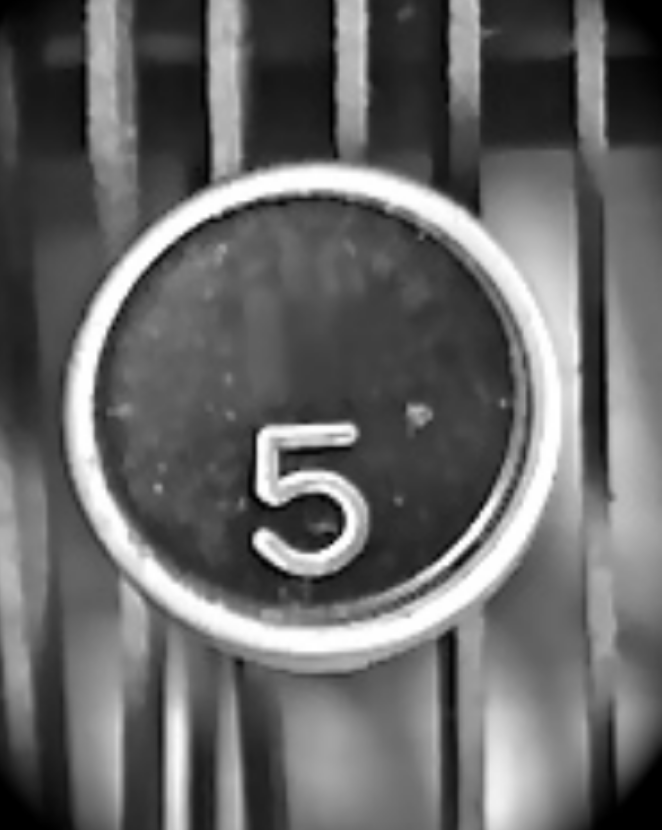5 HOT BOOKS: Portrait of a Shrewd Negotiator, Justice for Mexico, and More
/1. The Adventures of Herbie Cohen: World’s Greatest Negotiator by Rich Cohen (Farrar, Strauss and Giroux)
“The meek shall inherit the earth, but not its mineral rights.” “Time heals all wounds, right up to the moment it kills you.” “Money talks, but it doesn’t tell the truth.” A man of aphorisms, Herbie Cohen tweaks them with the distinctive wit honed growing up in Bensonhurst and fuses them into a philosophy, which his son Rich describes as “a kind of Jewish Buddhism.” Rich writes that his father’s bestselling 1980 book, You Can Negotiate Anything: How to Get What You Want, mirrored his speech – full of wisecracks and asides, with “something funny and smart on just about every page.” His son does the same but also writes with pathos, particularly about his mother’s death. This wonderfully warm, smart, and fun book is a gem that should live beyond Father’s Day. “He practices engaged detachment, characterized as ‘caring, but not that much,’” Rich writes. “More than a business strategy, he considers this a way of life,” Or, don’t obsess about an outcome. “Always be willing to walk away.” Herbie would say. “Don’t get fixated on a particular outcome.”
2. Bad Mexicans: Race, Empire, and Revolution in the Borderlands by Kelly Lytle Hernández (W.W. Norton)
In her riveting history, MacArthur “Genius” Lytle Hernández tells the fascinating story of how radical Ricardo Flores Magón, with assists from brothers Jesús and Enrique as well as their allies, built the grassroots movement of workers that came to be known as the magonistas against President Porfirio Díaz and his U.S.-supported authoritarian regime, which had reigned for decades. Lytle Hernández has written a polyphonic history, one that brings together the rise of U.S. imperialism and influence of its investors, the making of the American West, and the establishment of the “global color line.” Reflecting her deep archival research, Lytle Hernández makes a convincing counterintuitive case that magonistas were the precursor to the Mexican Revolution, which remade the United States, forcing more than a million Mexicans to flee and transforming the traditional European-American immigration story, and resonated beyond the U.S.-Mexico border.
3. Winslow Homer: American Passage by William R. Cross (Farrar, Straus and Giroux)
Perhaps traditionally seen as a quintessentially New England artist, Winslow emerges in Cross’ robust, gorgeous biography as an artist who “aspired to observe but be unobserved, a kind of human periscope, both subjective and precise.” From early wood engravings to Civil War portraits published in Harper’s Weekly to late-career landscapes, Cross elegantly weaves moments of Homer’s life with analysis of the oil and watercolor paintings he created of the ordinary people in his orbit, for instance his iconic painting The Gulf Stream (1899), with the image of the Black man, “countercultural in its empathy – and in its disturbing ambiguity about the man’s fate.”
4. City on Fire by Don Winslow (Morrow)
Weeks before City on Fire hit shelves like a freight train, won rave reviews, and hit the bestseller list, Winslow announced on Twitter his retirement from books to dedicate himself to political activism. Author of The Cartel and The Force, once a cult crime novelist for those in the know and now a celebrity, Winslow returns to his Rhode Island roots, particularly to the territory of warring rival mob families in Providence in the 1980s, with the Irish clan ruling the docks in Dogtown and the Italian outfit controlling the trucking business on Federal Hill. Winslow’s utterly absorbing epic is an original take on the Iliad, with a reluctant hero and a Helen of Troy episode, a classic conflict over money and turf, and of course money. City on Fire is the first in a trilogy, and the sequels, already written, will be published in April 2023 and April 2024.
5. Remarkably Bright Creatures by Shelby Van Pelt (Ecco)
Van Pelt’s debut novel feels like a Snuggie with eight arms, an unlikely warm wrap evoking the charm of Alexander McCall’s The No. 1 Ladies’ Detective Agency. Narrating the early pages from an aquarium off Puget Sound, giant Pacific octopus Marcellus observes the “elderly female who mops the floors” and, unlike the crowds gathered outside his tank, does not play games but rather converses with him. Lonely Tova works the night shift and copes with the death of her husband and the mysterious disappearance of her son three decades earlier. She and Marcellus forge a deep bond, each yearning for freedom from captivity, which Van Pelt captures with wit and a light touch of whimsy. On day 1,349 of his captivity, for example, Marcellus shares a sentiment that even the most curmudgeonly of humans can rally behind: “As a general rule, I like holes. A hole at the top of my tank gives me freedom. But I do not like the hole in her heart. I will do everything I can to help her fill it.”










